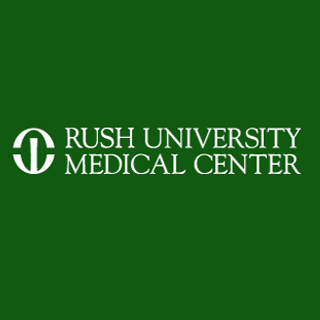
For this purpose, researchers at Rush University Medical Center are believed to be working on a novel research in order to chart the occurrence of microorganisms found within the gut. In addition, they are carrying out this research in order to discover how microbial imbalances may impact diseases like breast cancer.
Dr. Ece Mutlu, “Similar to what has been done with human DNA, we want to map out the composition of these microorganisms from their DNA and analyze how they correlate to diseases and changes within the immune system. If we are able to find the microbes responsible for particular diseases, it may increase the likelihood of developing new diagnostic tests and treatments for diseases like breast cancer.â€
In contrast to the over 20,000 genes found in the human genome, the bacterial genomes, known as the microbiome, could quickly develop under the pressure of changing environmental factors. As a result, changes in the gastrointestinal microbiota seem to have the potential to elucidate rises in breast cancer incidence. Supposedly, breast cancer incidence is difficult to point to alterations in the human genome alone.
It was believed that approximately 20 to 25 percent of the risk of developing breast cancer is associated to family history. Unfortunately, the recognized breast cancer vulnerability genes namely BRCA2 and BRCA 2 seem to explain less than 5 to 10 percent of the total breast cancer cases attributable to familial factors.
Researchers are investigating the likelihood that the gut microbiome passed on from mother to child could perhaps be another familial factor which has earlier never been accounted for in the genetic risk models.
“The currently recognized environmental risk factors are estimated to account for only 40 percent of the variance in breast cancer incidence. There is a large body of evidence implicating that dietary factors such as alcohol, high fat foods are also possible breast cancer risk enhancers, and fruits and vegetables are protective,†says chief researcher, Dr. Ece Mutlu, gastroenterologist at Rush University Medical Center.
Consequently, the gastrointestinal microbiota also seems to have been overlooked as a possible, major risk factor for breast cancer in contrast to better known genetic and environmental risk factors.
Furthermore, researchers are also believed to be analyzing the effects of gut microbiome on carcinogens and sex hormone metabolism. Supposedly, this investigation is on the basis of the evidence that the gastrointestinal microbiota has an impact on estrogen balance and is important in estrogen metabolism. Moreover, this may perhaps enhance the knowledge of other sex hormone related diseases such as ovarian cancer, osteoporosis and endometriosis.
Mutlu and her team are observed to be at present collaborating with Dr. Patrick Gillevet, at the MicroBiome Analysis Center, a novel molecular ecology facility at George Mason University in Fairfax, Va., in order to chart the presence of microorganisms in patients suffering from breast cancer, Crohn’s disease, inflammatory bowel disease, cirrhosis of the liver and HIV.
Researchers will be making use of a technology for genomic sequencing called Multitag Pyrosequencing (MTPS). MTPS could possibly allow them to examine, count and barcode hundreds of thousands of microorganisms each day within samples taken from various ecological systems including the human body. Because of this latest technology for genomic sequencing, researchers may be able to recognize nearly 50,000 or 60,000 microbes per sample.
The researchers claimed that they are presently recruiting research participants who are female, 30 years of age or older, and recently diagnosed with breast cancer before any treatment has begun. Further, clinical data from the participant’s medical records will be taken. However, before a patient receives any cancer-related therapy, biopsies of the colon and stool specimens may be taken.
